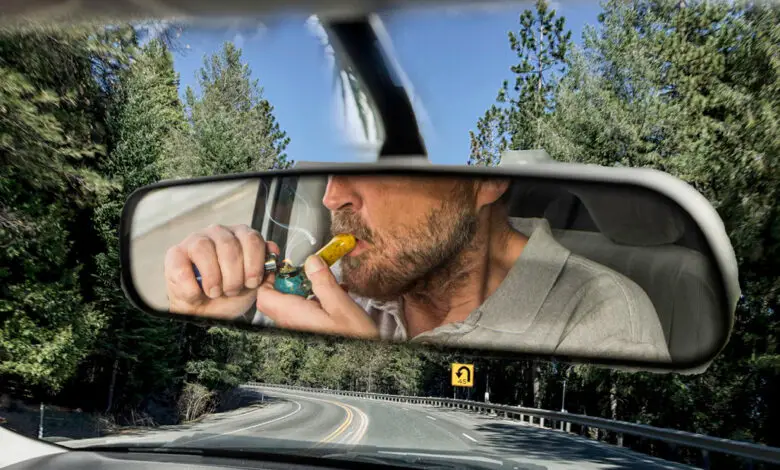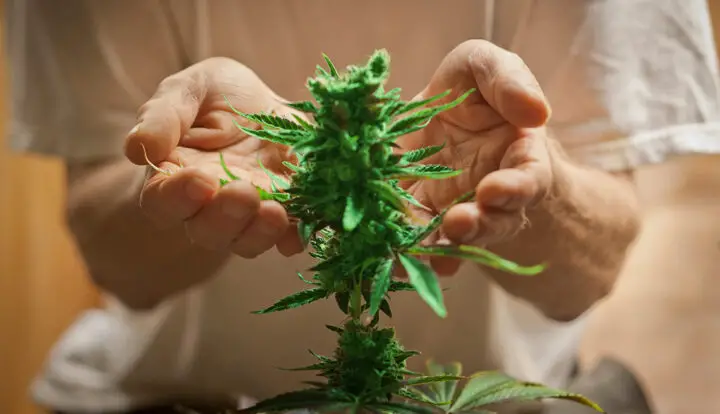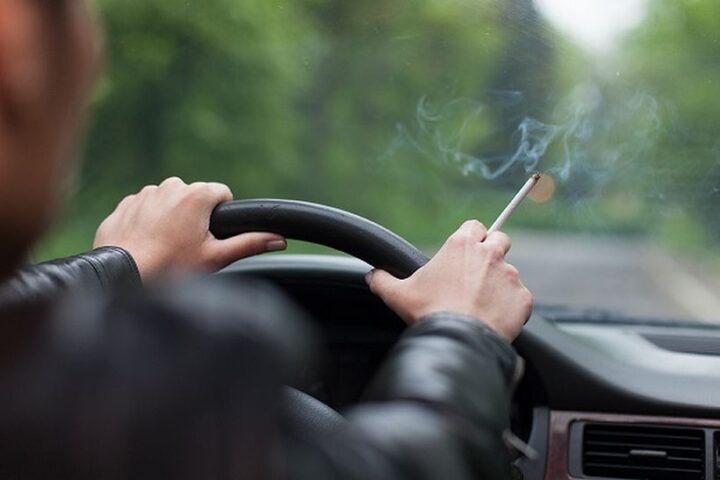Marijuana and Driving: What Should You Know?

Views and attitudes surrounding marijuana have certainly changed in the United States over the years. Now, many states have either decriminalized recreational marijuana use or they’ve legalized it.
With that can come problems, however.
There seems to be a tendency to think that because something is legal in certain situations, that makes it safe or risk-free.
Marijuana is not without risks, including potential risks to your health and safety.

Being aware of those risks is critical.
According to the Centers for Disease Control and Prevention (CDC), some of the risks of marijuana use include:
- Addiction: It’s estimated one in 10 marijuana users will become addicted, leading them to sacrifice other things in their life to use the drug instead.
- Brain health: Marijuana can affect nearly all areas of the brain, and those effects can be most profound in younger users who still have developing brains.
- Mental health: If you regularly use marijuana, particularly in high amounts, it can increase the risk of mental health symptoms like paranoia, anxiety, and psychosis.
Short-term effects of marijuana can include mood changes, drowsiness, and memory impairment.
This list isn’t exhaustive, and marijuana can impact areas of your life and safety in other ways too. For example, driving under the influence is one of the biggest risk factors for car accidents. According to Jacoby & Meyers, driving under the influence of any psychoactive substance can lead to impaired motor skills, poor decision-making, and difficulty concentrating.
The effects of marijuana on driving have become especially problematic in states that have legalized recreational use. It’s more challenging for law enforcement officials to determine if someone is driving under the influence of marijuana than it is with alcohol.
So what, specifically, is there to know about marijuana use and driving?
Does Marijuana Affect Driving?

Yes, marijuana affects driving. That’s the most important thing to know.
Marijuana impacts the factors above that impair your ability to drive, such as motor skills and judgment.
According to the federal government, marijuana is the most frequent illicit drug in drivers involved in fatal vehicle crashes and non-fatal crashes.
There have been reviews of multiple studies that have found the risk of being in a motor vehicle crash goes up significantly with marijuana use. In some cases, the risk more than doubled.
Even in states where recreational marijuana use is legal, driving while impaired by any substance is illegal.
The highest risk groups involved in accidents where marijuana is a factor are young men in their teens and 20s.
Drivers with THC in their blood are most likely to be the driver responsible for accidents when they occur, compared to drivers not using drugs or alcohol.
The higher the level of THC, the more likely a driver is to be involved in an accident.
If marijuana is combined with alcohol, the risk goes up even more for an accident.
How Common Is Driving Under the Influence of Marijuana?

Unfortunately, despite the risks, driving under the influence of marijuana is becoming increasingly common.
According to data from the NHTSA, drugs, and alcohol are involved in around 11% of deaths from motor vehicle crashes. There is also an increase in the number of drivers testing positive for marijuana.
There’s an unfortunate misconception that people think marijuana will somehow improve their concentration and driving skills.
What About Marijuana DUIs?
Even if someone isn’t in an accident, they can still find themselves in serious trouble if they use marijuana and get behind the wheel.
If you’re found to be driving under the influence of marijuana, you can be arrested and charged as if you were driving under the influence of any other mind-altering substance, such as alcohol.
With that being said, many states are grappling with how to test for marijuana use among drivers and what the limit should be to prove impairment.
It’s more challenging and complex than doing so with alcohol.
One reason is that the psychoactive substance in marijuana, THC, can stay in your system for up to 30 days. This means if you’re pulled over, you could test positive for THC even if it had been days or weeks since you’d used marijuana.
Unlike alcohol, states don’t have a legal limit that presumes THC impairs you.
Officers have to go primarily by behavioral evidence when they pull someone over as a result.
Increasingly, officers are being trained to learn how to recognize certain signs of marijuana impairment like:
- Rapid breathing
- Dilated pupils
- Rapid heart rate
- Red eyes
- The smell of marijuana
Law enforcement experts specializing in identifying these signs are called Drug Recognition Experts or DREs.
Evidence that might be used to prove you’re driving under the influence of marijuana in addition to the physical symptoms above can include:
- Erratic driving behavior
- Statements you make
- Demeanor
- Field sobriety tests
- Drugs in your car
- Weaving in traffic
- Not stopping at a red light or stop sign
- Driving too slowly
- Swerving
If you’re pulled over, and the officer has probable cause to believe you’re driving under the influence of marijuana you might have to submit a blood or breath test. If you first take a breath test and it doesn’t show alcohol use, an officer can then ask you to take a blood test.
A blood test can show THC in your system, but it can’t show when you used a drug, how much you used, or even whether your use of marijuana is linked to your driving impairment.

While it’s currently difficult to prove someone is driving under the influence of marijuana, that doesn’t make it any less dangerous. States are also likely to, going forward, work on more defined testing and protocols for dealing with marijuana DUIs.
The best rule of thumb as a driver is to avoid using any psychoactive substances before you get behind the wheel because they can greatly increase your risk of being involved in a fatal accident, even if you don’t feel like you’re impaired.

